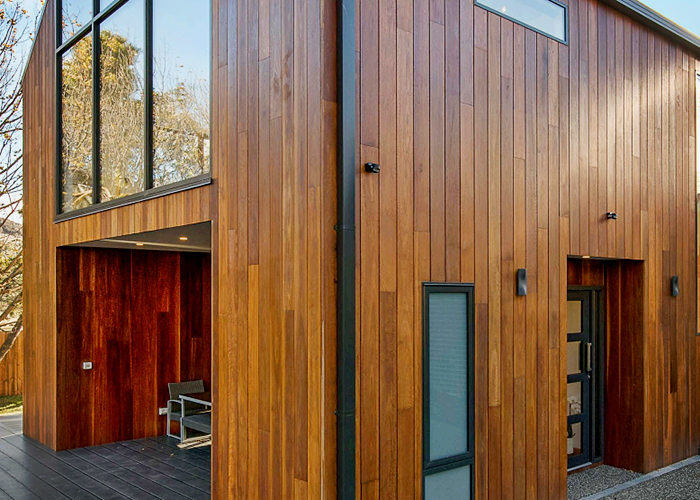Corporate environments are no longer just about functionality; they are also expected to reflect identity, culture, and style. In recent years, hardwood wall cladding has become a design choice that blends timeless appeal with practical benefits. By introducing natural wood finishes into offices, meeting rooms, and reception areas, companies create spaces that feel both professional and welcoming.
Why Businesses Are Choosing Wood Finishes
Hardwood offers warmth and elegance that other materials often fail to achieve. In a business setting, where first impressions matter, wall cladding can set the tone immediately. Wooden panels bring texture, depth, and a sense of authenticity to interiors, helping to balance modern glass-and-steel aesthetics with natural comfort. This blend allows corporate spaces to feel less rigid and more engaging for both employees and visitors.
Creating Professional Yet Comfortable Spaces
One of the strongest appeals of hardwood cladding is its ability to soften the corporate atmosphere. Large office floors can sometimes appear cold or monotonous, but introducing wood panelling adds character. Whether used in boardrooms or breakout zones, the material delivers a sense of calm and stability, which can subtly influence how employees feel and interact within the space. A more comfortable environment often translates into improved productivity and collaboration.
Durability Meets Long-Term Value
Beyond aesthetics, hardwood cladding is also a highly durable choice. In corporate settings, walls experience regular wear and tear from foot traffic, furniture movement, or daily cleaning. Wood, when properly treated, resists these challenges and ages gracefully, developing richer tones over time. For businesses, this translates into lower maintenance costs and long-term value, making it a financially sound investment alongside a design upgrade.
Enhancing Brand Identity Through Design
Corporate interiors often serve as a physical extension of a company’s brand. Hardwood finishes can be tailored to reinforce specific values. For instance, light-toned woods suggest openness and innovation, while darker shades convey tradition and authority. By aligning the material’s tone and texture with the organisation’s identity, businesses can create interiors that resonate with their culture and leave lasting impressions on clients.
Sustainability and Responsible Choices
Sustainability is increasingly important in today’s corporate decision-making. Choosing responsibly sourced hardwood allows businesses to demonstrate environmental awareness while investing in quality interiors. Many organisations now prioritise materials with strong eco-credentials to appeal to stakeholders, employees, and clients who value sustainable practices. Incorporating natural wood is not only stylish but also reflects a commitment to responsible business values.
Design Flexibility for Modern Needs
Hardwood wall cladding is versatile enough to complement both open-plan offices and private executive suites. It can be installed in large panels for a bold statement or in finer textures for a subtle finish. Designers often pair it with glass partitions, concrete flooring, or modern lighting systems to achieve a balanced look. This flexibility ensures that wood can seamlessly fit into a wide range of corporate interiors, from minimalist to luxurious.
The Human Connection with Natural Materials
Studies in workplace design suggest that employees respond positively to natural materials. Wood in particular evokes feelings of warmth and connection, reducing stress and contributing to overall well-being. In competitive industries where talent retention is a priority, creating a workspace that feels inviting can be a simple yet effective strategy. Hardwood cladding, therefore, contributes not only to style but also to the human side of business.
A Future-Proof Investment for Businesses
As workplace design continues to evolve, trends may come and go, but natural materials like wood maintain their relevance. Hardwood cladding offers a balance of durability, sustainability, and aesthetic value that ensures its continued popularity in corporate design. Businesses looking to modernise their interiors without sacrificing professionalism often find it the ideal solution.
Conclusion
Hardwood wall cladding has moved beyond being a purely decorative feature to become a vital element of corporate design. It offers durability, sustainability, and an undeniable sense of style that enhances both employee experience and brand perception. For modern businesses aiming to create professional yet inviting environments, wood panelling is not just a design choice—it is a long-term investment in image, culture, and value.

